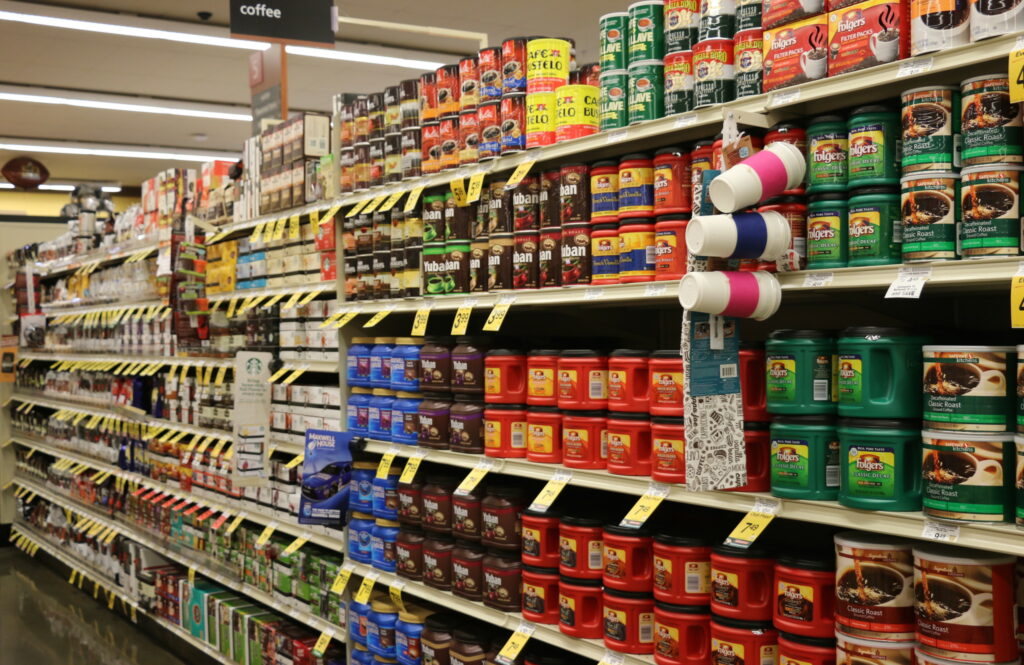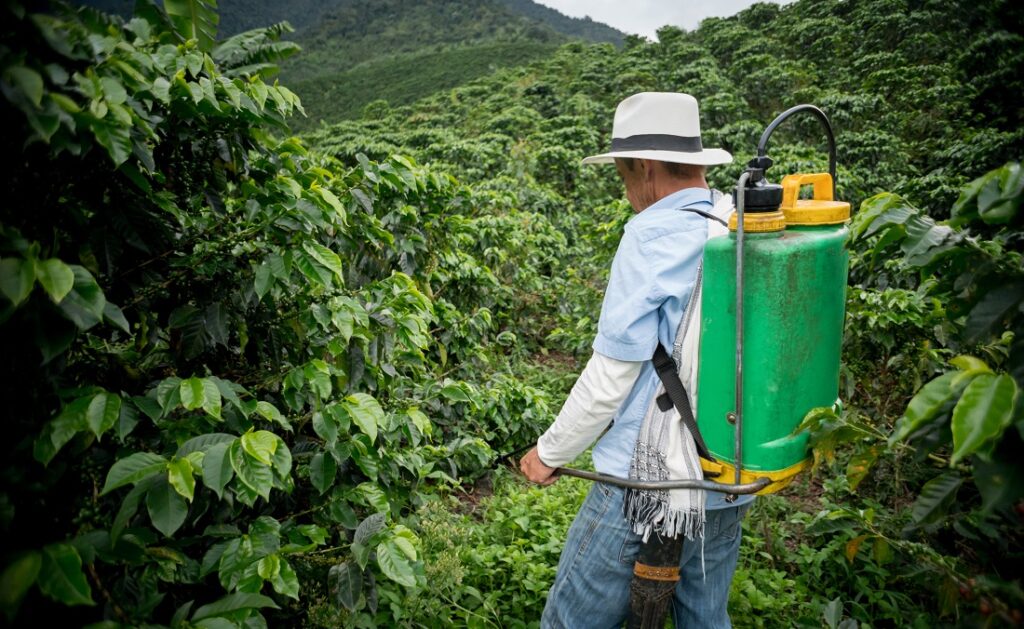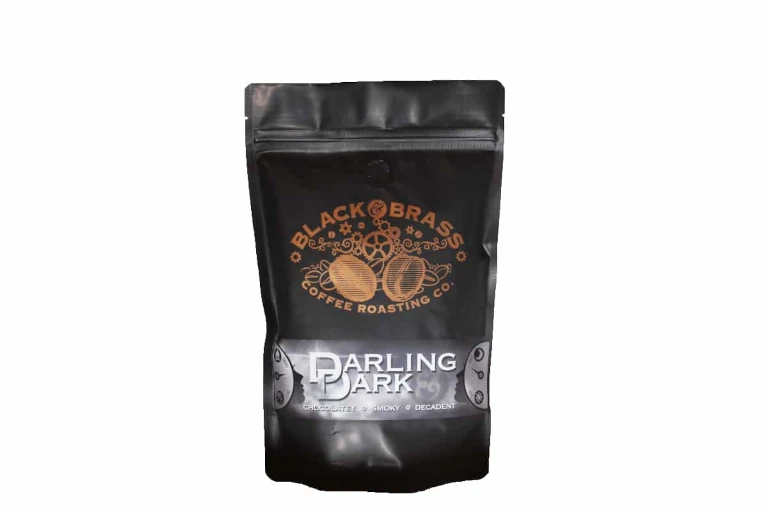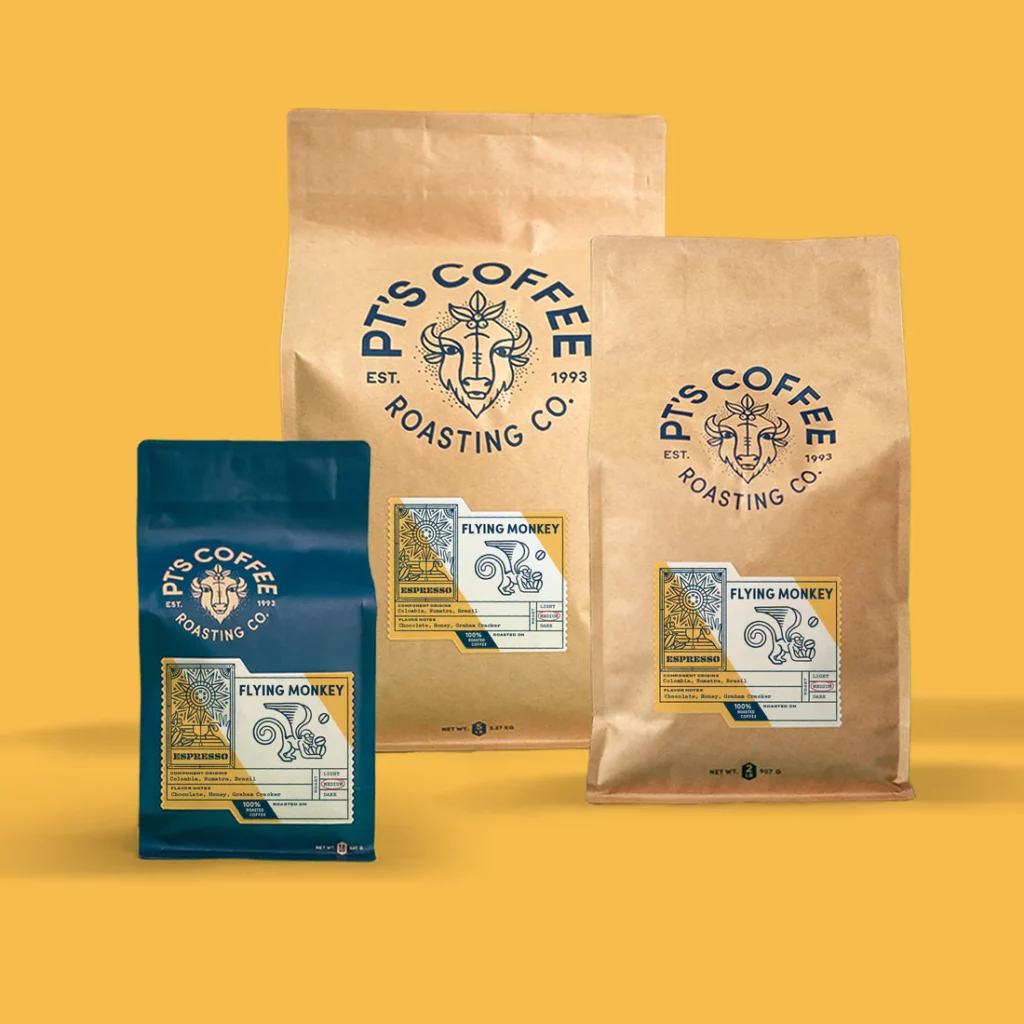Hello to all you coffee enthusiasts! If you share my passion for a dark, well-brewed roast complemented by creamy steamed milk, you’re in the right place. Today, we’re diving into the flavorful world of coffee, focusing on the critical differences between commodity, gourmet, and specialty coffees. So grab your favorite mug, and let’s delve into this caffeinated journey.


What is Gourmet Coffee?
Next in line, we have gourmet coffee. Now, bear in mind, the term “gourmet” is essentially a marketing term. It doesn’t necessarily refer to a standard of coffee recognized by coffee professionals, but it does suggest a step up from your run-of-the-mill grocery store brands.
Gourmet coffee often represents better quality beans than those found in commodity coffee, offering a more diverse flavor palette. Importantly, gourmet coffee tends to be freshly roasted, which is vital, particularly with darker roasts. Freshly roasted beans retain more of the coffee’s natural flavors, leading to a richer and more complex taste profile.
An excellent example of this category is Black Brass Coffee Roasters. Although they may not fall into the strictly defined specialty category, they produce some absolutely delightful coffee. Their Darling Dark roast is a prime example of gourmet coffee at its best, offering a delicious taste that’s both deep and comforting.
Personal Opinion: A Case for Gourmet Coffee
While the quality and intricate flavor profiles of specialty coffees are undoubtedly appealing, I often find myself reaching for a gourmet coffee. Its balance of quality, consistency, and accessibility, like the Darling Dark roast by Black Brass Coffee Roasters, truly hits the spot. It might not meet the strict criteria of specialty coffee, but its enticing taste makes it a fantastic option for any coffee lover.
What is Commodity Coffee?
Firstly, let’s start with commodity coffee. This is the standard, everyday coffee that stocks grocery store shelves worldwide. These are your well-known, mass-produced brands that churn out volume over everything else. But, it’s essential to understand the drawbacks of such coffee.
Commodity coffee tends to lean more towards quantity rather than quality, potentially leading to the use of pesticides and chemicals in their cultivation process. The mass-production approach also often means that these coffees are not part of fair trade, and may contribute to unsustainable farming practices. Taste-wise, they deliver a predictable, if unexceptional, flavor that lacks the nuanced taste notes that coffee connoisseurs seek. So, while commodity coffee might satisfy a basic need for caffeine, it can leave much to be desired for those who appreciate the rich tapestry of flavors and ethical practices that other coffee types offer.

What is Specialty Coffee?
Finally, we arrive at specialty coffee – the apex of the coffee pyramid. It’s important to note that there is a level beneath this, referred to as ‘premium’ coffee, which doesn’t quite meet the rigorous standards of specialty coffee but offers a higher quality than gourmet coffee.
Specialty coffee is defined as the highest quality of coffee beans available. These are carefully selected from the most excellent coffee-growing regions worldwide and evaluated by certified professionals on aspects such as aroma, flavor, acidity, body, and balance. Coffees scoring 80 points or more on a 100-point scale fall into this category.
These coffees are often traded through direct or fair trade practices, with a strong emphasis on sustainable farming methods and higher wages for farmers. The result? A coffee that delights with exceptional taste, unique flavor profiles, and an ethically conscious pedigree.
Comparing Commodity, Gourmet, and Specialty Coffee
When we put these categories side by side, we can better understand the differences. Commodity coffee, while cheap and widely available, often sacrifices quality, sustainability, and fair-trade practices. Gourmet coffee, on the other hand, provides a more quality-focused alternative, with freshly roasted beans and more complex flavors. Specialty coffee stands at the top, offering unrivaled quality, unique flavors, and a commitment to ethical sourcing and sustainability.
Choosing between these types can depend on your personal taste, budget, and your appreciation for coffee. However, for a balanced blend of quality, flavor, and value, gourmet coffee, such as the Black Brass Coffee Roasters’ Darling Dark, makes a compelling choice.
Wrapping Up
In conclusion, coffee comes in all flavors and quality levels, catering to various palates and preferences. Whether you lean towards commodity, gourmet, or specialty, remember that the best coffee is one that brings you joy. I invite you to explore the world of gourmet coffee and perhaps try out Black Brass Coffee Roasters’ Darling Dark. As always, I’m eager to hear about your coffee experiences. Happy brewing, fellow coffee lovers!

